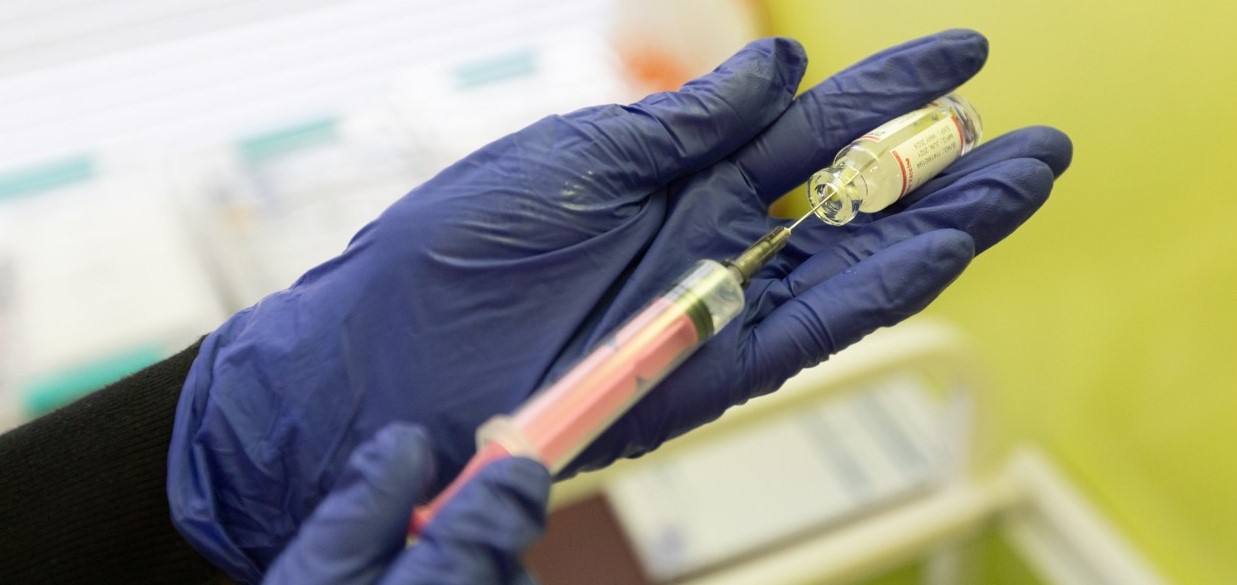By Teresa Leung
Hong Kong, 25 September 2024: Our city’s largely unregulated “medical beauty” industry is back in the news following the jailing of a beautician over a botched botox injection. It is the latest in a string of cases featuring unlicensed medical practices – some of them leading to permanent physical damage or even fatality – that have led to calls for tighter controls.
The beautician was sentenced to seven weeks in prison after being found guilty of performing a medical treatment without registration, thus causing injuries. She had helped her unlicensed manager to provide the jab at a now-closed aesthetic treatment centre in Jordan which left the patient suffering blurred vision, problems with chewing and an increased heartrate.
The manager was earlier jailed for four months for that incident and administering two other injections that left customers with symptoms such as dizziness, hoarse voice, limb weakness, breathing difficulty, facial swelling and urinary incontinence.
Hong Kong has seen a growing trend of medical beauty services, blurring the lines between traditional beauty treatments and medical procedures. This emerging sector, often advertised as offering aesthetic enhancements, warrants greater scrutiny and attention due to the potential for medical malpractice.
Hong Kong currently lacks specific laws for so-called medical beauty services. In fact, there is no official definition of the term, though it is commonly understood to mean aesthetic treatments to improve the client’s outward appearance. This ambiguity has led to disparate understandings among practitioners in the beauty and medical industries, as well as consumers, about what constitutes a medical beauty service.
The lack of a legal definition is not unique to Hong Kong. Similar ambiguity exists in other jurisdictions such as South Korea, Singapore, the United Kingdom, and the US states of California and Florida. In contrast, specific legal definitions of medical beauty can be found in Mainland China and Taiwan, which may provide useful insights.
In the Mainland, the relevant description is under Article 2 of the Measures for the Administration of Medical Beauty Services: “Medical beauty refers to the use of surgery, drugs, medical devices and other invasive or intrusive medical technology methods to repair and reshape the appearance of a person’s face and the shape of various parts of the human body.”
Taiwan’s Ministry of Health and Welfare has termed medical beauty as “aesthetic medicine” and defines it as “a medical practice in which a physician performs invasive or less invasive medical techniques to improve the physical appearance of the body by means of medical technology, such as surgery, medication, medical instruments, and biotechnological materials, with the supplementary purpose of treating diseases”.
Furthermore, Hong Kong does not have specific legislation to regulate the safety standards of premises providing medical services or the appropriateness of the facilities themselves. This issue is still under discussion by the Legislative Council. Additionally, there is no regulation governing the use of medical equipment and devices, which has resulted in instances where beauty salons have used unauthorised devices, leading to unwanted side-effects for customers.
Hong Kong has some 6,000 beauty parlours, although it is not clear how many provide medical beauty services. However, the Consumer Council has consistently issued warnings about the sector’s services and sales practices. It is worth noting that while general beauty services ranked fifth – behind food and entertainment, telecoms, travel and electrical appliances – in attracting the most complaints to the Consumer Council in 2023, the industry was top in terms of monetary value. Total complaints amounted to HK$36.7 million, a sharp rise of 75% versus 2022. Some individual cases involved hundreds of thousands of dollars.
Out of 1,484 cases in the year, most related to “General Skin Care Services”, with 332 cases marking an increase of 30% over 2022. Further, “Laser/Intense Pulsed Light Beauty Services” and “Plastic Surgery/Injection Treatments” recorded 213 cases and 83 cases respectively, representing surges of 44% and 15%. There were numerous instances of individuals practising without a licence, with injections done in non-clinical settings by non-doctors.
In summary, it is clear there is a need for the authorities to define “medical beauty” and tighten controls. This would pave the way for improved regulation, including a licensing regime, code of conduct and competency standards for practitioners. In the meantime, public education should be stepped up to ensure citizens are aware of the medical beauty sector’s pitfalls and the dangers of invasive treatments.
Teresa Leung is a Consultant with BC&C. Medical negligence is one of her core practice areas which also include insurance, personal injuries, employees’ compensation claims and arbitration. She can be contacted at teresaleung@boasecohencollins.com.



